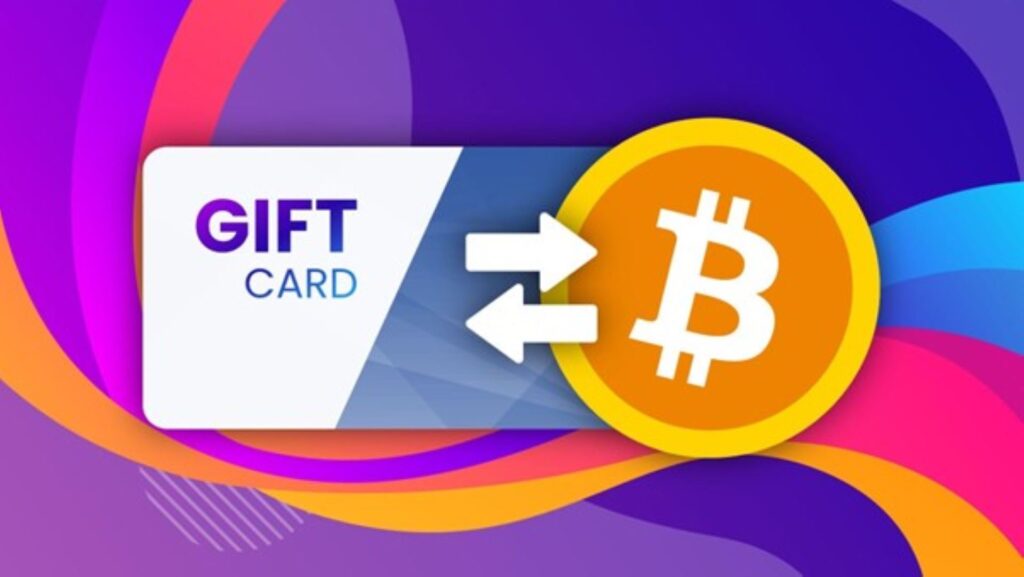What was once a niche practice has become a worldwide trend. Across continents, millions of people are choosing to sell gift card balances instead of keeping them. It may seem like a small personal decision, but in aggregate, it represents a shift in how we view value, money, and liquidity.
The resale of gift cards is now a global market worth billions. It cuts across cultures, generations, and financial systems. And the reasons behind its growth tell us much about the state of the economy in 2025.
The Drivers of a Global Trend
Several macro factors explain why resale has grown so dramatically:
- Inflation and cost of living pressures mean households can’t leave resources idle. A card that sits unused is value lost.
- Digital integration has made resale faster and safer. What once took days in forums can now be done instantly.
- Changing consumer psychology has normalized resale. The stigma of selling a gift has faded, replaced by practicality.
- Cross-border connections have made gift cards part of remittance systems, especially in regions with expensive transfer fees.
These drivers, combined, have transformed resale from fringe to mainstream.
Economic Impact
Unused cards represent a surprising amount of “locked” money. Industry estimates suggest billions of dollars expire each year. When people choose to sell instead, that capital is reactivated. It flows into groceries, bills, education, and savings.
On a personal scale, selling prevents waste. On a macro scale, it keeps liquidity circulating — a small but meaningful boost to local economies.
Real-World Applications
- Households under pressure sell cards immediately to cover rising utility bills.
- Students convert scattered low-value balances into meaningful funds for essentials.
- Migrants send card codes abroad; families sell them for usable currency.
- Digital workers get paid in prepaid balances and resell them for cash flow.
Each scenario may seem isolated, but together they paint a picture of resilience — people adapting to make every unit of value count.
Challenges of a Growing Market
Of course, growth brings complications:
- Discounts on value remain the trade-off. Sellers rarely receive the full face amount.
- Fraud risks — fake or stolen codes circulate, especially in informal markets.
- Uneven demand means popular brands are liquid while niche ones lag.
- Regulatory oversight is expanding, especially in Europe and North America, to ensure resale doesn’t become a vector for fraud.
These challenges are shaping the future of the industry, pushing it toward more formal, transparent practices.
Regional Perspectives
The global spread of resale shows how flexible the practice is:
- North America: The largest market, where convenience and decluttering drive resale.
- Europe: Regulations are tight, but resale thrives in gaming, streaming, and retail cards.
- Asia: Mobile-first economies integrate resale into everyday transactions.
- Africa: Gift cards often substitute for banking, with resale critical to survival.
- Latin America: Inflation makes quick resale essential to preserve purchasing power.
Each region adapts the practice to its own financial realities, yet the underlying principle — don’t waste locked value — is universal.
The Future of Resale
Looking forward, several developments are likely:
- Universal gift cards spanning multiple brands.
- AI-driven alerts reminding consumers to resell unused balances before expiry.
- Integration with digital assets — direct conversion into stablecoins or crypto.
- Cross-border systems turning resale into a recognized remittance channel.
- Cultural normalization — selling becoming as routine as recycling or reselling electronics.
In short, resale will move from being an “option” to an expected financial behavior.
Read More: Gifting Guide: Unique Anime Craving Accessories for Every Occasion
Conclusion
The choice to sell gift card may seem small, but collectively it reflects a major shift. It is about turning idle, restricted value into fluid, usable resources.
In 2025, the rise of resale is not just a consumer habit. It is a sign of how global culture is redefining money: every asset is expected to move, every token of value must be unlocked, and nothing should be wasted.
Gift cards began as tokens of generosity. Today, they are part of a global marketplace of liquidity. Selling them is not just practical — it is emblematic of the financial mindset of our time.



